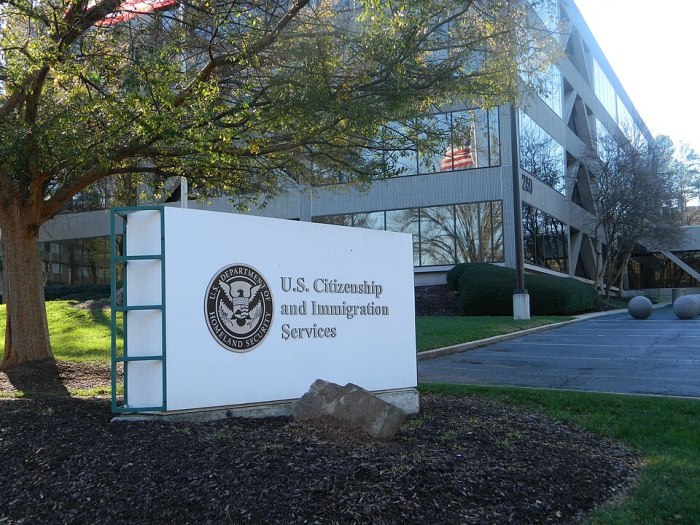
The U.S. Supreme Court has permitted the Trump administration to move forward with its plan to revoke temporary protected status for hundreds of thousands of migrants from four Latin American countries.
The unsigned opinion allows the mass cancellation of protections originally announced in March while the legal challenge to the administration’s decision remains pending.
The TPS program grants temporary legal status to certain migrants who cannot safely return to their home countries due to humanitarian crises or public interest considerations. The ruling affects migrants from Cuba, Haiti, Venezuela and Nicaragua, and could render about 530,000 individuals immediately subject to deportation.
The Supreme Court’s brief order was issued without a full opinion or explanation, a common practice for emergency decisions.
Justice Ketanji Brown Jackson, appointed to the bench by President Joe Biden, wrote in dissent and was joined by Justice Sonia Sotomayor. Jackson contends the majority “plainly botched” the legal analysis of who would face greater harm if the policy were allowed to take effect during ongoing litigation.
Jackson argued there would be “devastating consequences” for nearly half a million noncitizens whose lives and livelihoods would be “precipitously upended.”
It follows a previous ruling allowing the administration to strip protections from more than 300,000 Venezuelans under a separate TPS-related initiative.
The Trump administration argues that the presence of these migrants is “against the national interests” and asserts that courts have no authority to override executive decisions on such matters.
The program’s cancellation is part of the administration’s crackdown on immigration, aimed at increasing deportations even of those who were previously granted legal permission to live and work in the country.
A group of immigrant rights organizations brought the case on behalf of the TPS holders and their sponsors, challenging the legality of the program’s early termination.
Karen Tumlin, founder and director of the Justice Action Center, said in a statement that the ruling would create “widespread chaos” not only for the affected migrants but also for their families, workplaces and communities.
She estimated it could take as long as eight months before the case returns to the Supreme Court for a definitive ruling. Many of the migrants currently have pending applications for other types of relief.
The administration has already started canceling work permits and deportation protections for TPS recipients, claiming the program has failed as a deterrent to illegal migration and complicates enforcement of immigration laws against those already residing in the country.
Labor unions contend the migrants have become integral to the U.S. economy by filling critical labor shortages in sectors such as healthcare, construction and manufacturing. However, the Justice Department has maintained that the lower courts were interfering with democratically enacted policies, noting that immigration reform was a major issue in the last presidential election.
Last month, the U.S. Department of Homeland Security announced that the TPS designation for Afghanistan would be terminated. According to the department, Afghan nationals with TPS must leave the country by July 14, 2025, as security and economic conditions in Afghanistan have improved. The TPS protection for Afghan nationals began during the Biden administration after the U.S. military’s withdrawal and ensuing take over by the Taliban in Afghanistan.
Secretary of Homeland Security Kristi Noem stated that TPS must be temporary and reviews indicated that Afghanistan’s conditions no longer justify continued designation.
In April, members of the Church of the Apostles in Raleigh, North Carolina, had urged the Trump administration not to deport nearly two dozen Christian refugees from Afghanistan after they were ordered to leave the country within days before a judge had heard their asylum claims.
Afghanistan ranks as the 10th worst country in the world when it comes to Christian persecution, according to Open Doors International’s World Watch List.
“We’ve been advocating with members of Congress and senators,” Julie Tisdale, a seminary student who attends the church, told The Christian Post at the time.

















